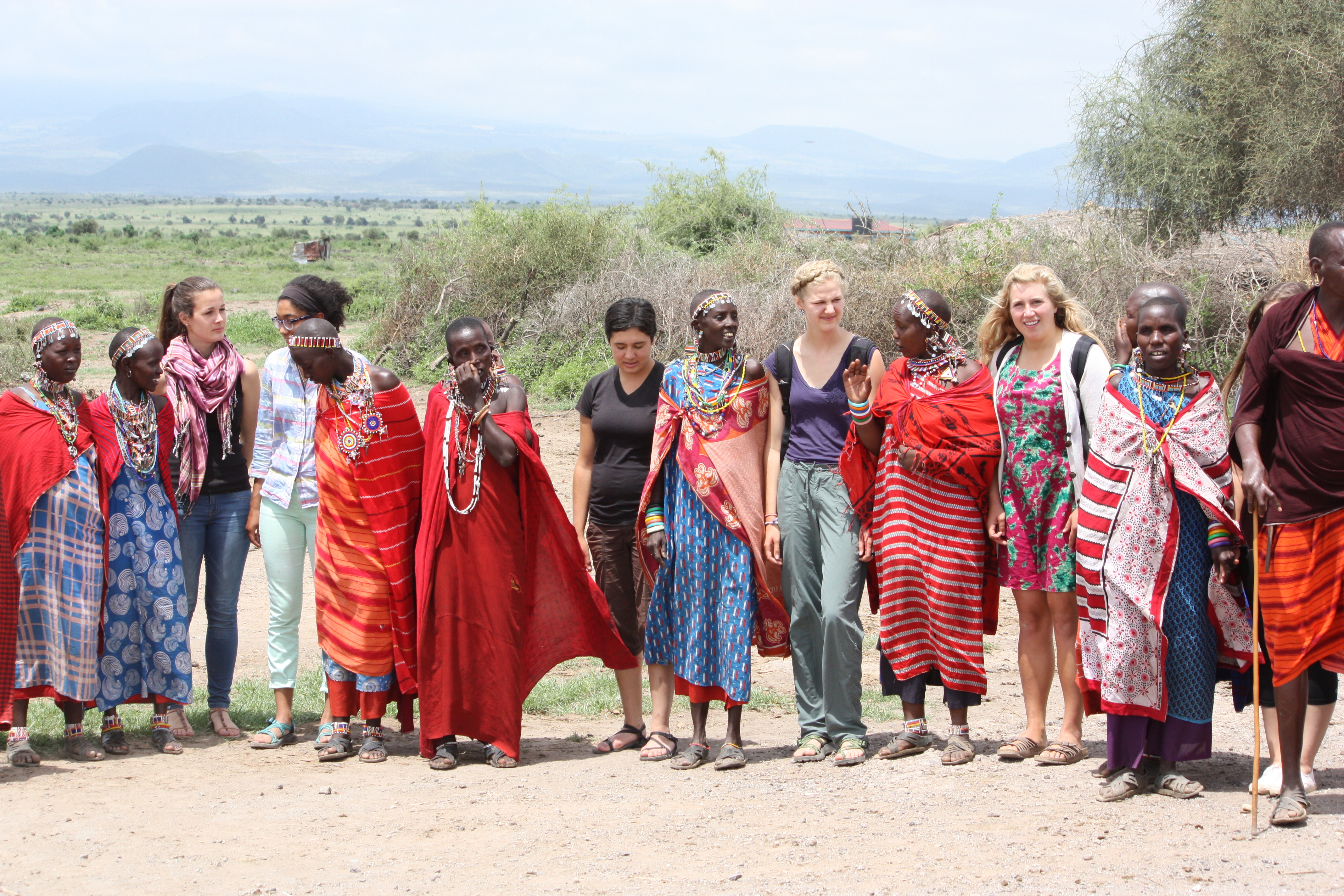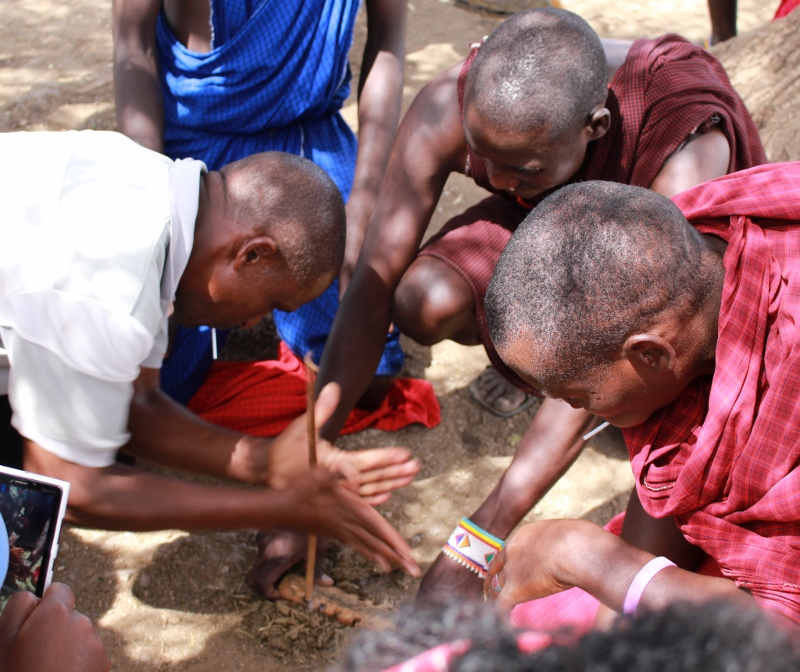Over the past few days, I had the chance to interview members of pastoralist Maasai communities near Amboseli National Park. We arrived here late last week for the second part of our current course, "Ecology and Conservation of African Landscapes" with Paula Kahumbu, and a group of us are currently working on a project related to women’s empowerment. Specifically, we are interested in how education efforts supported by the Kenya Wildlife Service (KWS) and Kenyan government have impacted local communities, and we will have a chance to speak to representatives of the KWS as well as the U.S. ambassador to Kenya later this week about our work here. It was a wonderful experience to learn about the communities and their culture. Up to this point, we’ve been exposed mostly to the ecology and biology of animals and vegetation, which has been very informative and has taught me important ways to structure my thinking and questions, but I love the feeling of working directly with a community to evaluate the effectiveness of certain programs and to think about how to address their needs.
It’s been extremely enlightening for me. Before our visit to the communities, I thought the greatest obstacle that prevented children from getting a good education in this area would be the cost. In some ways this was true, but there seemed to be a number of cultural considerations that affect the ability of certain children to attend school as well. In one community we visited, only 22 of the roughly 50 primary school children from 2013 went on to secondary school. Of the graduating class, only nine were girls and only two of those girls went on to attend secondary school. To me, it seems critical to explore and address the reasons for this disparity, and this is the sentiment we hope to inspire in those to whom we will present our work.
I enjoyed this experience so much—it is the kind of thing that evokes passion in me, which makes me believe that it is possible to apply things I have learned and am learning in classes to effect some change in this world. I have always felt that an education should be more than simply rote memorization or competition for grades, and I am very grateful for the chance to experience education as something more tangible and rewarding than that.








